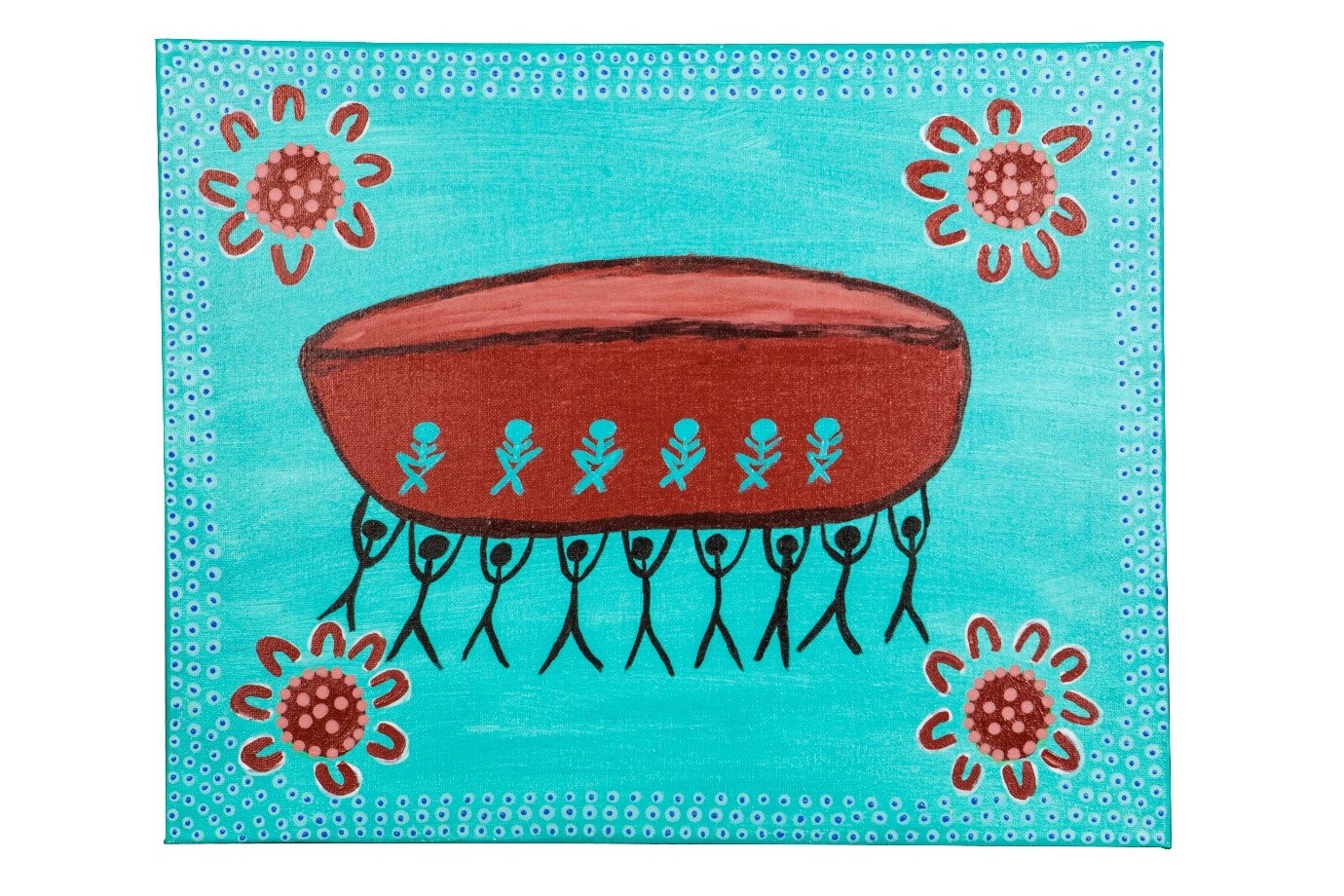Search
Research
Koolungar (Children) Moorditj (Strong) Healthy Skin Project Part II: Skin Health in Urban-Living Australian Aboriginal ChildrenAlthough essential for overall health and wellbeing, little is known about skin health in urban-living Australian Aboriginal children. This co-designed, research-service project aimed to describe skin health and document skin disease frequency in urban-living Aboriginal children and young people in Western Australia and investigate housing associations for skin infections.
Research
Skin health of urban-living Aboriginal children attending a primary care Aboriginal Community Controlled Health Organisation clinicDespite increasing urbanisation, little is known about skin health for urban-living Aboriginal children and young people (CYP, aged <18 years). This study aimed to investigate the primary care burden and clinical characteristics of skin conditions in this cohort.
Research
Approaches that support Indigenous children and families in the transition to school: A systematic reviewThe early years are critical for lifelong wellbeing, with transition to formal school a key period for development. For Indigenous children, this transition provides opportunities to build on cultural strengths and belonging. However, many children face systemic barriers that impact their transition experiences, highlighting a need for culturally safe programs that support Indigenous families during this significant time.
Research
A pilot study to develop assessment tools for Group A Streptococcus surveillance studiesGroup A Streptococcus (GAS) causes pharyngitis (sore throat) and impetigo (skin sores) GAS pharyngitis triggers rheumatic fever (RF) with epidemiological evidence supporting that GAS impetigo may also trigger RF in Australian Aboriginal children. Understanding the concurrent burden of these superficial GAS infections is critical to RF prevention. This pilot study aimed to trial tools for concurrent surveillance of sore throats and skins sore for contemporary studies of RF pathogenesis including development of a sore throat checklist for Aboriginal families and pharynx photography.

Research
Ngulluk Koolunga Ngulluk Koort (Our Children, Our Heart) ProgramBrings the Aboriginal community(s) of Perth together with service providers & policy makers to improve outcomes for Aboriginal kids and their families.

As Head of Aboriginal Research Development at Telethon Kids, Glenn Pearson believes his work brings us closer to identifying the real and whole Australian story
Research
Culturally competent communication in Indigenous disability assessment: a qualitative studyIndigenous people tend to exhibit a higher burden of disability than their non-Indigenous counterparts, and are often underserved by disability services. Engaging appropriately with Indigenous communities, families and individuals in the initial stages of disability assessment and planning is crucial in order to build trust and understanding of disability service models and ensure that Indigenous people receive support that is tailored to their needs and cultural realities. This article aims to identify key elements of culturally competent communication in Indigenous disability assessment and planning, and provide recommendations for strengthening capacity in this area.
Research
The impact of maternal prenatal mental health disorders on stillbirth and infant mortality: a systematic review and meta-analysisEvidence about the association between maternal mental health disorders and stillbirth and infant mortality is limited and conflicting. We aimed to examine whether maternal prenatal mental health disorders are associated with stillbirth and/or infant mortality. MEDLINE, Embase, PsycINFO, and Scopus were searched for studies examining the association of any maternal prenatal (occurring before or during pregnancy) mental health disorder(s) and stillbirth or infant mortality. A random-effects meta-analysis was used to calculate pooled odds ratios (ORs) with 95% confidence intervals (CIs). The between-study heterogeneity was quantified using the I2 statistic. Subgroup analyses were performed to identify the source of heterogeneity.
Research
Recognition and Management of Protracted Bacterial Bronchitis in Australian Aboriginal Children: A Knowledge Translation ApproachChronic wet cough in children is the hallmark symptom of protracted bacterial bronchitis (PBB) and if left untreated can lead to bronchiectasis, which is prevalent in Indigenous populations. Underrecognition of chronic wet cough by parents and clinicians and underdiagnosis of PBB by clinicians are known.
